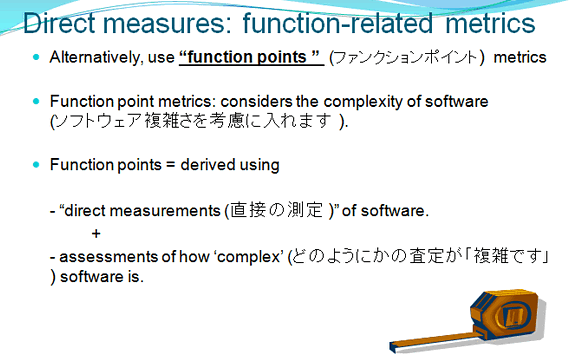As part of the preparation for my upcoming staff-exchange trip to Japan in December this year, I’ve been translating about 30 hours worth of lecture material into, well, Japanese. The students I’ll be lecturing do know English, but – or so I’ve been advised – not with the same level of written and reading fluency than the average Singaporean of similar age, no matter what Ms. Ris ‘Boomz’ Low’s apologists would like you to believe.
A couple of colleagues jokingly said I should find time in the next 5 weeks before the trip to learn Japanese. Yeah – if I only had the time after my normal teaching hours + two current research projects (one in progress, one in planning) I’m also lead investigator for + a bunch of other student-centric activities that span the entire year.
There’re two things that make my job easier though. One is the freely available web site-based translation tools. I remembered first using them at the early days of the web before the millennium, and they were already very useful in translating the odd foreign language word or phrase. The tools these days can translate entire paragraphs of text.
Here’s what a typical slide of mine looks like right now (the topic is on the use of software metrics):

The translation accuracy using that site for single words or very short phrases isn’t too bad, but for paragraphs it can be spotty though. I’m assuming that this is due to the additional layer of statement parsing that’s necessary at application end to decipher the structure of a statement and its meaning before getting to the translation bits, and that layer adds a degree of variability to accuracy.
That’s where the second thing has come in to help: a Japanese colleague in my faculty has helped me look through each slide of my lecture series as I finish them and done the edits to clear out all the embarrassing bits. Like the following:
“Challenges in constructing software” using the web site-based translation tells me it’s “挑戦がソフトウェアを作成する”. Unfortunately that actually means “A challenge makes software”.
After her edit, it now reads “ソフトウェア構築にあたるチャレンジ “, which means “A challenge equal to the software construction” according to reverse translation.
Definitely sounds better! More notes on the trip prep to come soon.:)
Recent comments